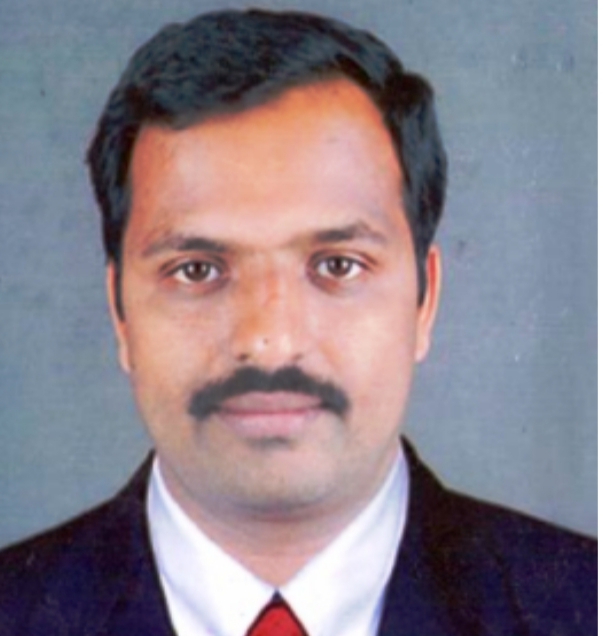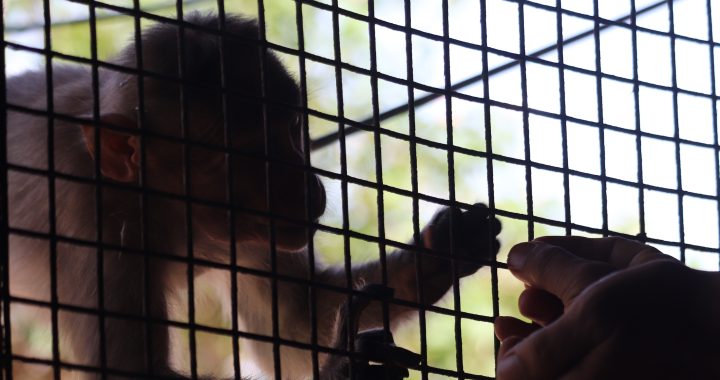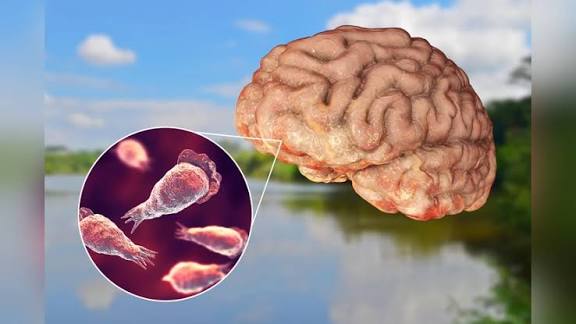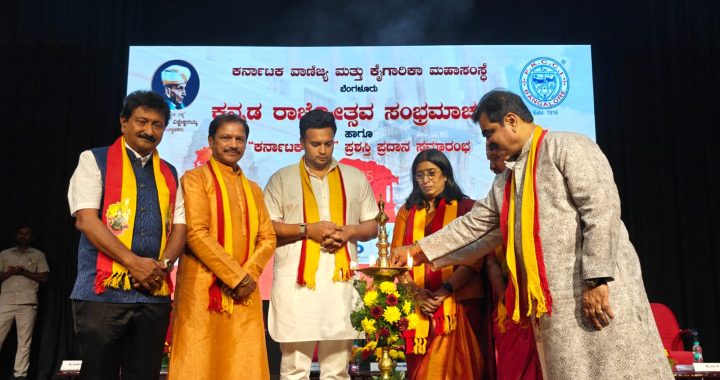University of Mysore faculty Dr Basappa develops new breast cancer drug-like compounds
3 min read
Mysuru: Dr Basappa faculty at Department of studies in organic Chemistry & also a Deputy Registrar-Administration, University of Mysore has developed new breast cancer drug-like compounds in his laboratory.
Breast cancer is the most commonly occurring cancer in women and the second most common cancer overall. The number of deaths worldwide due to breast cancer has reached 10 million while the number of people diagnosed with the dread disease has crossed the 19 million mark, experts revealed. The current methods of treatment in use are Surgery (mastectomy), Chemotherapy, Radiation, and Hormonal Therapy.
In early 2018, olaparib, commercial name called Lynparza® has approved by the Food and Drug Administration (FDA) for the first treatment of patients with advanced breast cancer who had inherited mutations in the breast cancer type 1 & 2 susceptibility proteins (BRCA1&2) as a class of drugs known as PARP inhibitors. The BRCA1 and BRCA2 genes give tumor suppressor proteins that help repair damaged DNA in cells. Mutations in these genes cause about 75% to 80% of hereditary breast cancer and 5% to 10% of all breast cancers. However, both pre-clinical studies and clinical data demonstrate either intrinsic resistance to PARP inhibition or the development of acquired resistance to PARP inhibitors resulting in limitation of the clinical response to the currently approved PARP inhibitors. Therefore, the discovery of new PARP inhibitors is currently in need to treat advanced breast cancer patients.
Dr Basappa’s lab discovered oxadiazole-based PARP inhibitor, which was inhibited the viability of human breast cancer cells with an IC50 value of 1.4 micromolar when compared to Olaparib (3.2 micromolar). Our laboratory experimental data in collaboration with Prof Peter E Lobie, Tsinghua Berkeley Shenzhen Institute, China revealed that the newly discovered (5u) PARP inhibitor may serve as exemplars for the development of new therapeutics in breast cancer. This work was accepted in the ‘Molecules’ MDPI Journal.
(Figure: Comparison of our drug-like compound 5u and Olaparib, which inhibited the growth of human breast cancer cells in 3-D Matrigel at laboratory conditions)
Presently, Dr Basappa lab is dedicated to commercialise two international patents, where he had designed, synthesized, characterized, and studied in vitro, in vivo pharmacological effects of drug-like compounds that target trefoil factor 3 (PCT/WO/2018/226155) and Bcl2 antagonist of cell death (PCT/SG2018/050194).
Recently, Indian Patent Office has granted a Patent on Bcl2 antagonist of cell death application (Patent No. 385095, Date of Grant. 24 December 2021).
Last week, Dr Basappa also received an email from Mauro Piacentini, Editors-in-Chief, Nature Cell Death & Disease Journal that accepted an article entitled “Trefoil factor 3 promotes pancreatic carcinoma progression via WNT pathway activation mediated by enhanced WNT ligand expression” allowing him to be narrowed in taking these drug-candidates for clinical trials.
This work was partly supported by Centres of Excellence in Science, Engineering and Medicine, Vision Group on Science and Technology, Government of Karnataka, India.
Dr Basappa is a student of Prof K S Rangappa, CSIR emeritus professor at, University of Mysore, is also involved in this discovery.
Dr Basappa’s lab has published around 145 research papers in national and international peer-reviewed journals which include Proceedings of National Academy of Sciences, USA, Nature Scientific Reports, Journal of Biological Chemistry, Royal Society of Chemistry, American Chemical Society, and Oxford Journals.
– Team Mysoorunews







